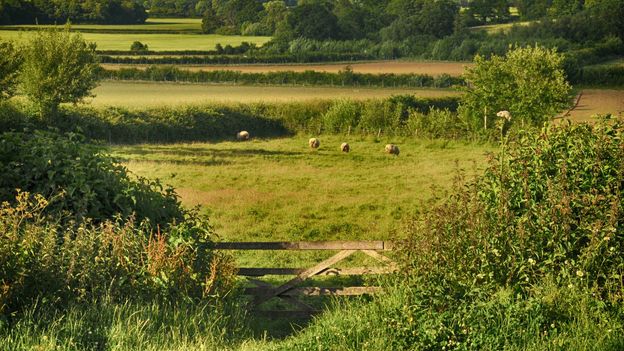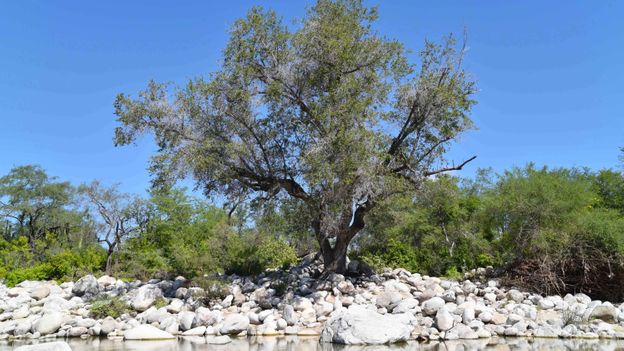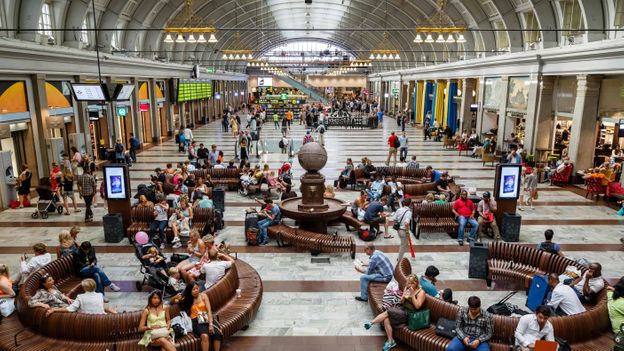Even places like the US, where hedgerows are much less of a cultural legacy, have seen increasing interest in planting hedgerows. Many farmers can apply for grants with the US Natural Resources Conservation Service, for instance, which chips in to pay for planting pollinator habitats.
Experts caution, however, that the usefulness of hedgerows depends a lot on how they’re managed. Many hedges need some form of maintenance. Hedgerows in mainland Europe, for instance, require regular trimming to maintain the layered, varied structure that makes them appeal to wildlife, Vanneste says, while British hedges often require more elaborate methods, including cutting and hedgelaying, to prevent overgrowth but still keep them dense enough to act as barriers to livestock.
Often, that doesn’t happen. A survey of Britain’s hedges in 2007 found that roughly half weren’t well-maintained. Many others are cut too often, Montgomery says, noting that such neat, narrow hedges are typically poorer in biodiversity and carbon storage than those disturbed less frequently.
If thoughtfully managed, though, the humble hedge has a lot of potential. Vanneste and Ponisio envision a world in which hedgerows connect the remnants of other habitats, creating a network that allows more wildlife to coexist with people – a benefit that may be increasingly important as species need to migrate in response to climate change. Hedges could bridge lone fragments of European forests or link ecosystems between the Sierra Nevada mountains and California’s coasts. That’s “a lot of hedgerows, but that would be the dream,” Ponisio says. “If this was done on a larger scale, particularly, I think it could have really big benefits.”
—
This article originally appeared in Knowable Magazine, and is republished here with permission. This is also why this story does not have an estimate for its carbon emissions, as Future Planet stories usually do.
—
Join one million Future fans by liking us on Facebook, or follow us on Twitter or Instagram.
If you liked this story, sign up for the weekly bbc.com features newsletter, called “The Essential List”. A handpicked selection of stories from BBC Future, Culture, Worklife, and Travel, delivered to your inbox every Friday.












